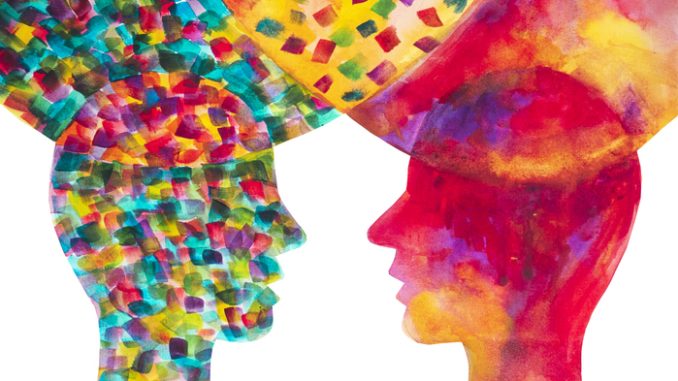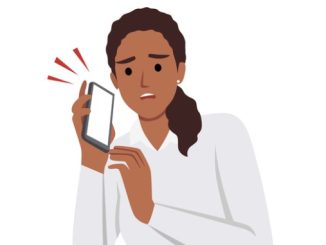In a significant departure from its traditional focus, the World Health Organisation (WHO) delves into the realm of arts, highlighting their potential impact on health and wellbeing
CREDIT: This is an edited version of an article that originally appeared on The Parliament Magazine
Christopher Bailey, the WHO’s arts and health lead, emphasises that arts are integral to human experience, akin to advocating good behaviour or exercise. The Jameel Arts and Health Lab, headquartered at NYU and WHO’s Regional Office for Europe in Copenhagen, strives to advocate for arts and health programmes and foster scientific research, urging policymakers to recognise culture as a catalyst for good health.
Post-pandemic focus on mental wellbeing
The aftermath of the global pandemic has seen a resurgence of interest in the connection between arts and wellbeing. Lawmakers and health officials are increasingly turning their attention to the potential of arts, given the profound impact of Covid-19 on mental health. This shift follows a 2019 WHO report, challenging the conventional definition of health to encompass overall wellbeing, not just the absence of disease.
‘Music for motherhood’: A resounding success
The inaugural programme, ‘Music for motherhood,’ conducted in collaboration with Denmark, Italy, and Romania, yielded promising results. Targeting new mothers experiencing postpartum depression, the 10-week singing sessions demonstrated notable positive effects. Mothers reported reduced feelings of loneliness and alienation, coupled with an increased sense of bonding with their children. The clinical evidence suggests the intervention’s effectiveness surpasses conventional medical care.
Culture for health and EU’s interest
The EU has also recognised the benefits of cultural interventions in healthcare. Culture For Health, partially funded by the European Commission, has compiled a database of over 800 projects globally. The EU mental health strategy, revealed by EU health chief Stella Kyriakides, underscores the role of arts and culture in fostering positive mental health, supporting social inclusion, and combating mental health stigma.
Local initiatives: Prescribing art for wellbeing
At the local level, initiatives promoting art for wellbeing have flourished. In Brussels, patients receive museum prescriptions, and Madrid’s museums offer tailored tours for Alzheimer’s patients. Culture For Health’s findings, presented after 18 months of data collection, advocate for the EU-wide promotion of culture-based social prescribing and dedicated provisions in policy documents.
While acknowledging the potential impact of arts on mental health, Christopher Bailey stresses that it goes beyond a simplistic approach. The arts offer a means to make sense of the world, find meaning, and embrace challenging circumstances. It’s a holistic perspective that aims not just to alleviate but to transcend and embrace the complexities of life.
In embracing the healing potential of the arts, WHO’s initiative signals a paradigm shift in healthcare, urging a more comprehensive and inclusive approach to wellbeing.




Be the first to comment